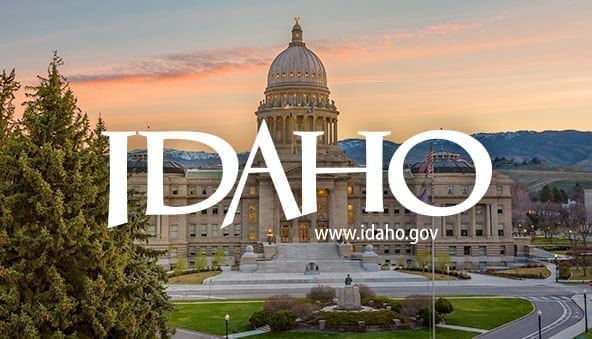One by one, even the most culturally conservative states are succumbing to the demands of patients and mounting scientific evidence to pass laws to allow use of (at least) extracts containing cannabinoids, or (at most) actual herbaceous marijuana for either medical or “recreational” purposes.
The most recent domino to fall was Oklahoma. On June 26, voters in the Sooner State approved Question No. 788 by some 57 percent — legalizing the use, sale and cultivation of medical marijuana. Patients with a special license from a physician will be able to possess up to 8 ounces and grow up to 12 plants. While these limits are stricter than in many medical marijuana states, the law is more liberal than most in one important respect: it lists no specific ailments but leaves whether to recommend cannabis entirely up to the patient’s doctor.
Following Oklahoma’s medical marijuana vote, there is only one conservative state remaining — Idaho — that has not yet passed any legislation to legalize or decriminalize cannabis in any respect.
Idaho: Hope for Medical Cannabis After the 2018 Election
The Marijuana Policy Project writes that Idaho “is the only remaining state whose law does not acknowledge medical cannabis in any way.”
One major opponent there has been Gov. Butch Otter. In 2015, the Idaho legislature approved S1146, an extremely limited bill that would have protected some seriously ill patients from being convicted for possession of CBD extracts. Otter vetoed it.
A second such effort in the state house this year, HB 577, was squelched by Otter’s supporters in the Senate following a closed-door discussion — sparking a controversy about a possible violation of the state’s open meetings rule.
Under current law in Idaho, possession of up to an ounce of cannabis carries a penalty of one year in prison and a fine of up to $1,000.
However, Otter, a Republican, is not running for re-election. The Republican candidate, Brad Little, has an identically intolerant stance. But Democratic primary winner Paulette Jordan does support legalizing and regulating cannabis. And she may have a chance — polls are predicting a tight race.
South Dakota, Nebraska, Kansas and Idaho: Effectively Zero Access to Cannabis
Even though Idaho is technically the only state without a law pertaining to the medical cannabis on the books, that doesn’t mean that access to medical marijuana is easy in all other 49 states.
According to the National Conference of State Legislatures and NORML, 31 states have full medical marijuana laws (joined by the District of Columbia, Guam and Puerto Rico) and another 15 states have limited laws that just allow the use of CBD products. (The nine states that have legalized adult-use cannabis outright — Colorado, Washington, Oregon, Alaska, California, Massachusetts, Maine, Nevada and Vermont — are included in the count of 31 states with full medical marijuana laws.)
So, if you add the 31 states with full medical marijuana and the 15 states with limited medical CBD laws, that leaves four states without real access to medical cannabis or CBD extracts: Kansas, South Dakota, Nebraska and Idaho.
However, Kansas, South Dakota and Nebraska all have extremely limited laws that do technically acknowledge some of the medical benefits of cannabis.
Kansas and South Dakota have recently reclassified CBD under state law, distinguishing it from marijuana and effectively making CBD an unregulated and legal substance. However, the South Dakota law, passed in March 2017, makes CBD sales contingent on approval by the federal Food & Drug Administration, which so far has only approved the marijuana extract Epidiolex.
The Kansas law, passed in April, followed a public outcry over a local police raid on an alternative medicine shop in the town of Mission last year, in which CBD products were seized. The products are now back on the shelf.
Nebraska may be in something of a gray area. Last September, the state attorney general’s office issued a statement insisting that CBD remains illegal in the state. But CBD products apparently remain available at more than one Omaha outlet. And in 2015, the state legislature in Lincoln passed a law that allowed for a CBD pilot program, whereby the University of Nebraska and the Nebraska Medicine health network are allowed to grow hemp for CBD, make low-THC oil, and administer it to patients suffering from seizures.
However, Idaho doesn’t even have a cannabis law with a gray area worth debating, leaving the state out on its own as the only state in America without a medical cannabis law on the books.
By
Read more from the source: CannabisNow.com


